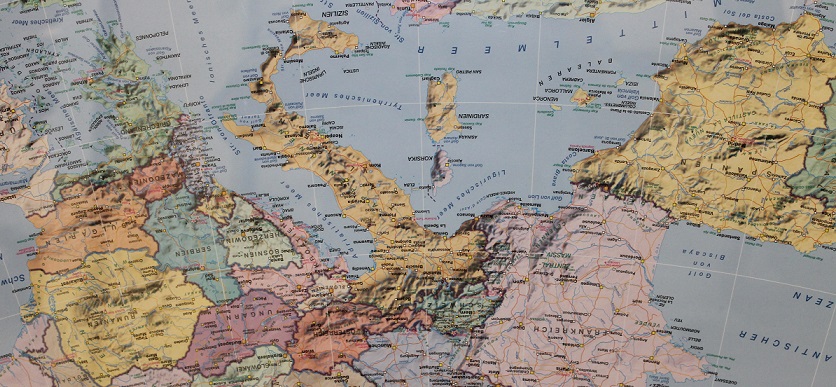As well as reducing standards of refugee protection, Europe is increasingly focusing on blocking access to protection on European territory. Measures already in place include border closures and inadmissibility procedures to prevent claims being lodged. Proposals now openly discussed include offshore processing of applications, offshore disembarkation of rescued asylum seekers, and mandatory return to “safe” third countries.
At the most extreme end, the Austrian Foreign Minister has stated that the objective of EU policy should be zero asylum applications on EU territory.
While some European politicians are ready to sell out human rights and abdicate responsibility, simple mathematics illustrates the short-sightedness of this approach.
Over 90 % of the forcibly displaced persons in the world are outside Europe, with most remaining in their country or region of origin, among the poorest places on the globe.
In the short-term it may be appealing to limit protection in Europe but this is a dangerous game. As well as undermining Europe’s credibility in upholding human rights globally there is a risk that others follow Europe’s example. Kenya and Pakistan have taken steps to close refugee camps and to return refugees despite the obvious risks, and other major refugee-hosting countries may follow. Imagine the consequences should Turkey, Lebanon and Jordan, jointly hosting 4.5 million Syrian refugees, decided to follow this new “European model” of denying responsibility…
Ultimately, undermining the global protection system is not in Europe’s interests and supporting the global protection system involves more than money: Europe must also be a positive example by providing access to protection for refugees proportionate to its size and wealth – and regardless of how they are forced to arrive.
Time to turn political debate upside down?
Catherine Woollard, ECRE Secretary General

